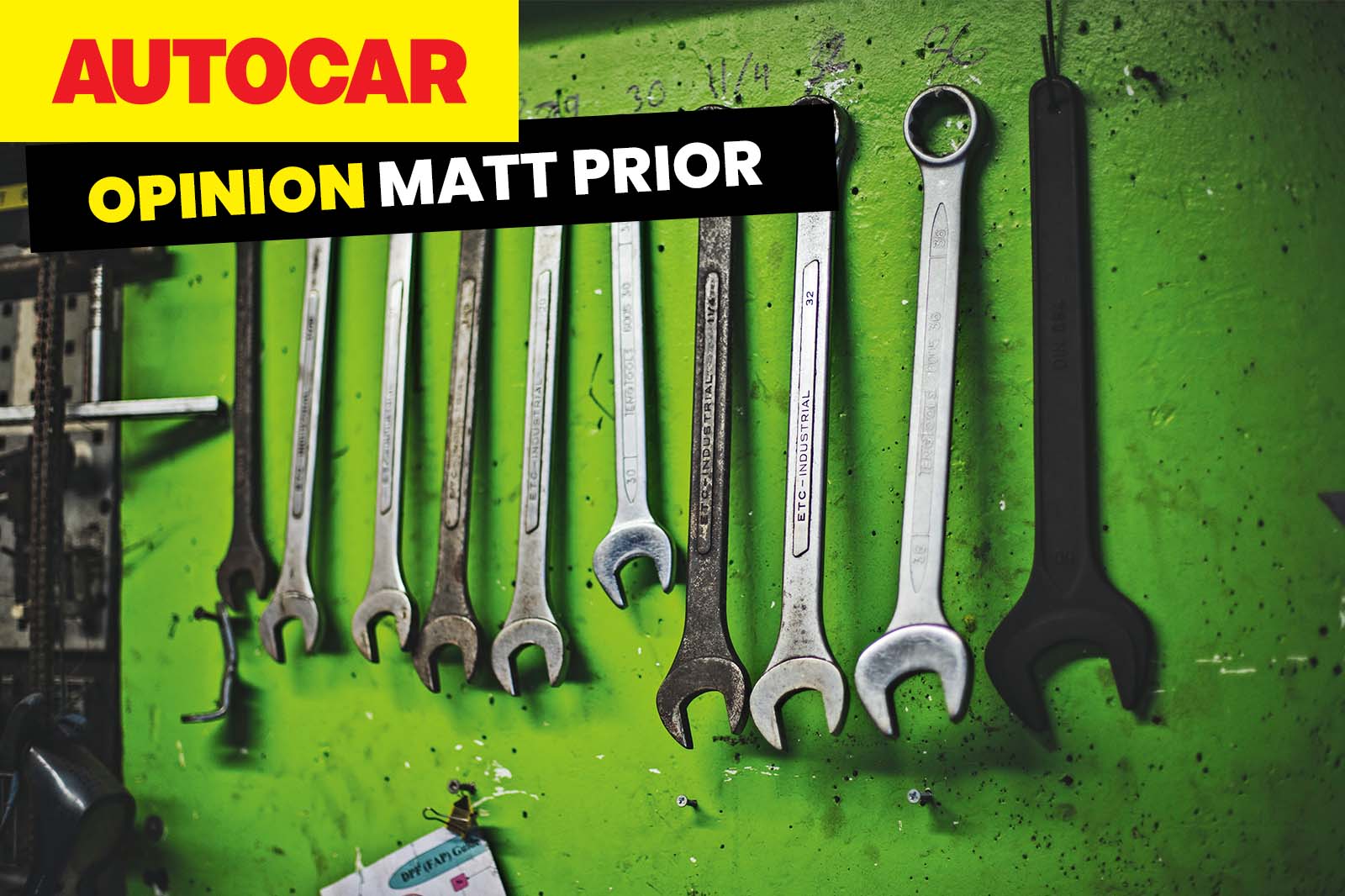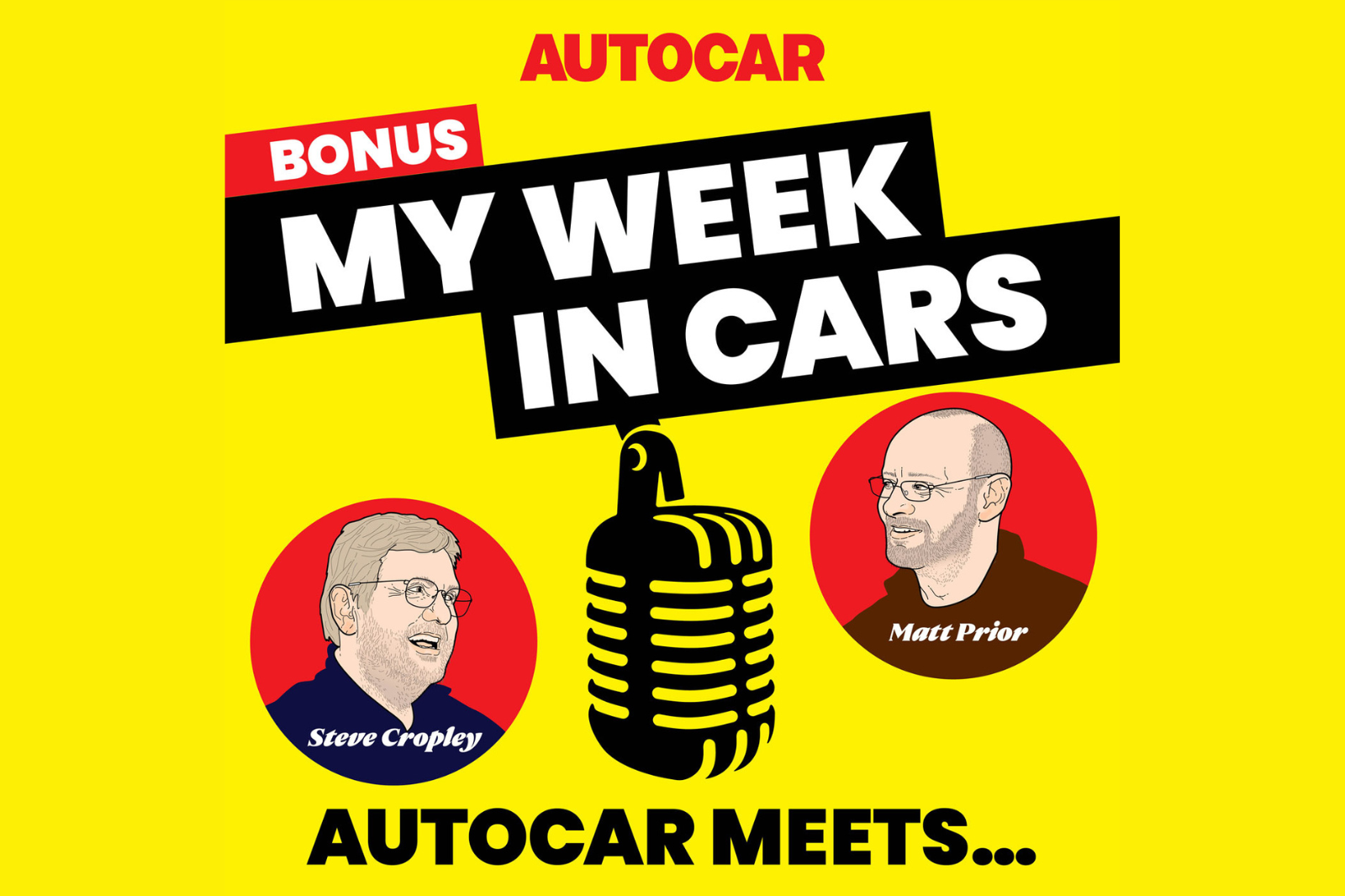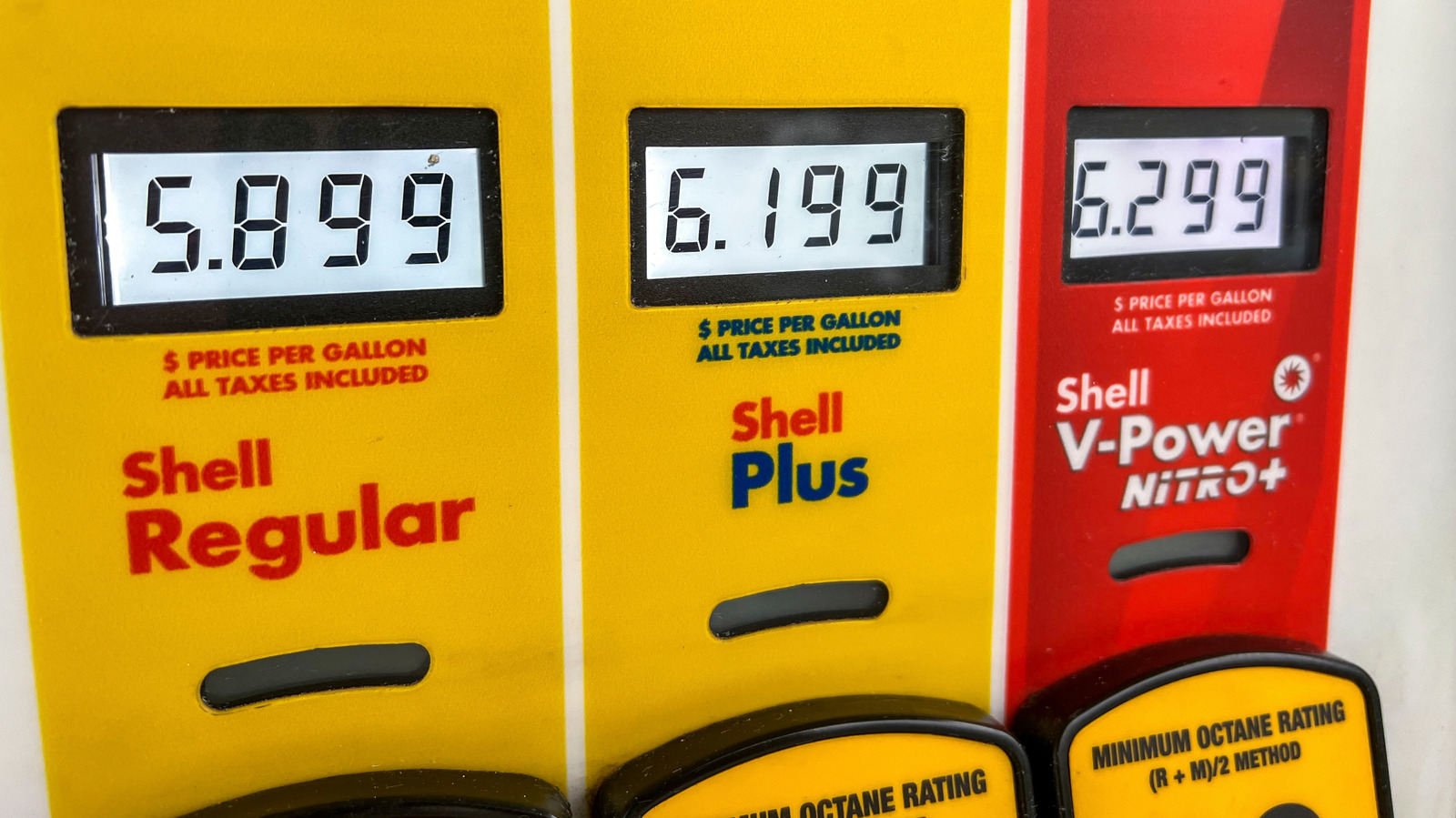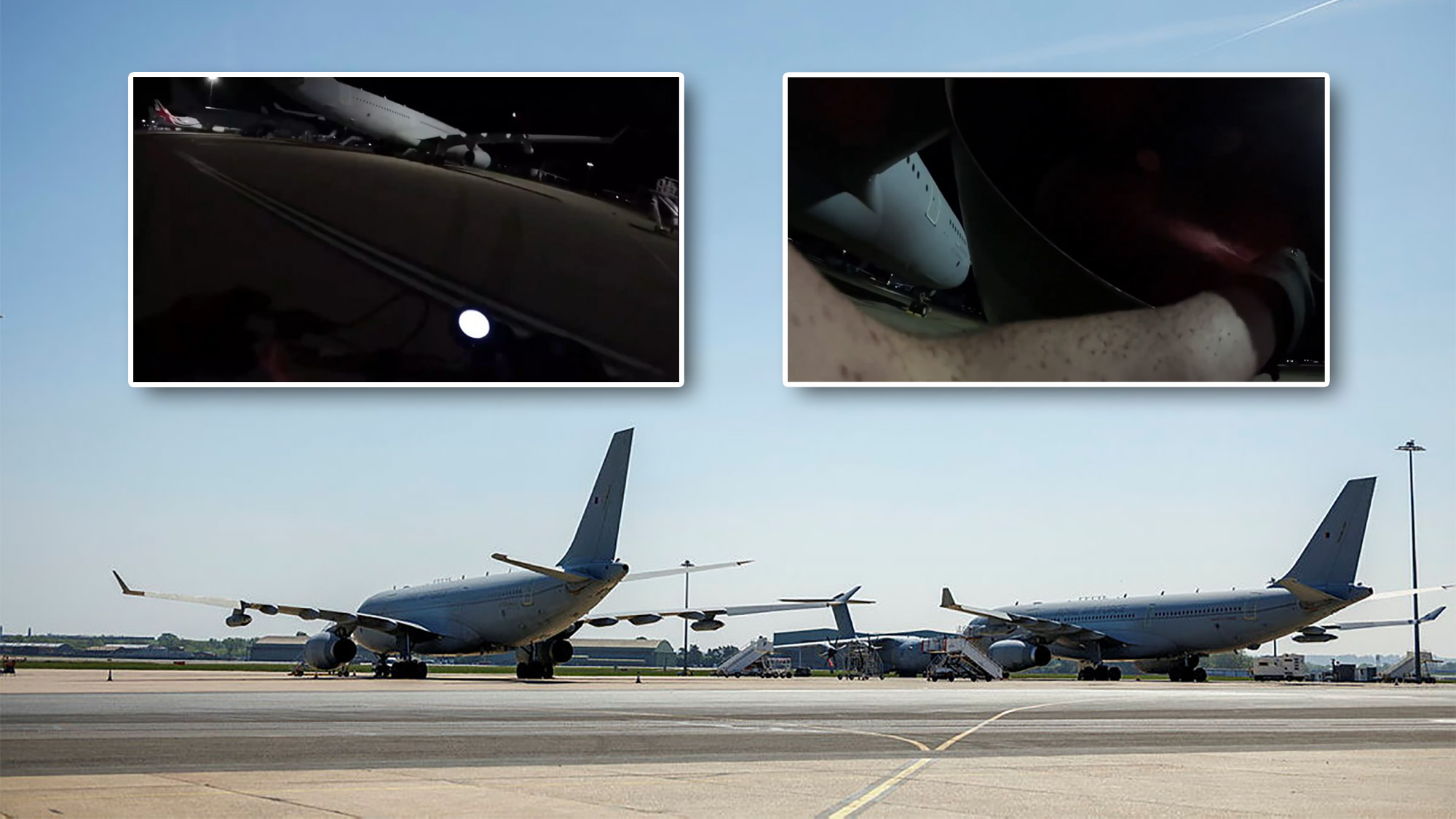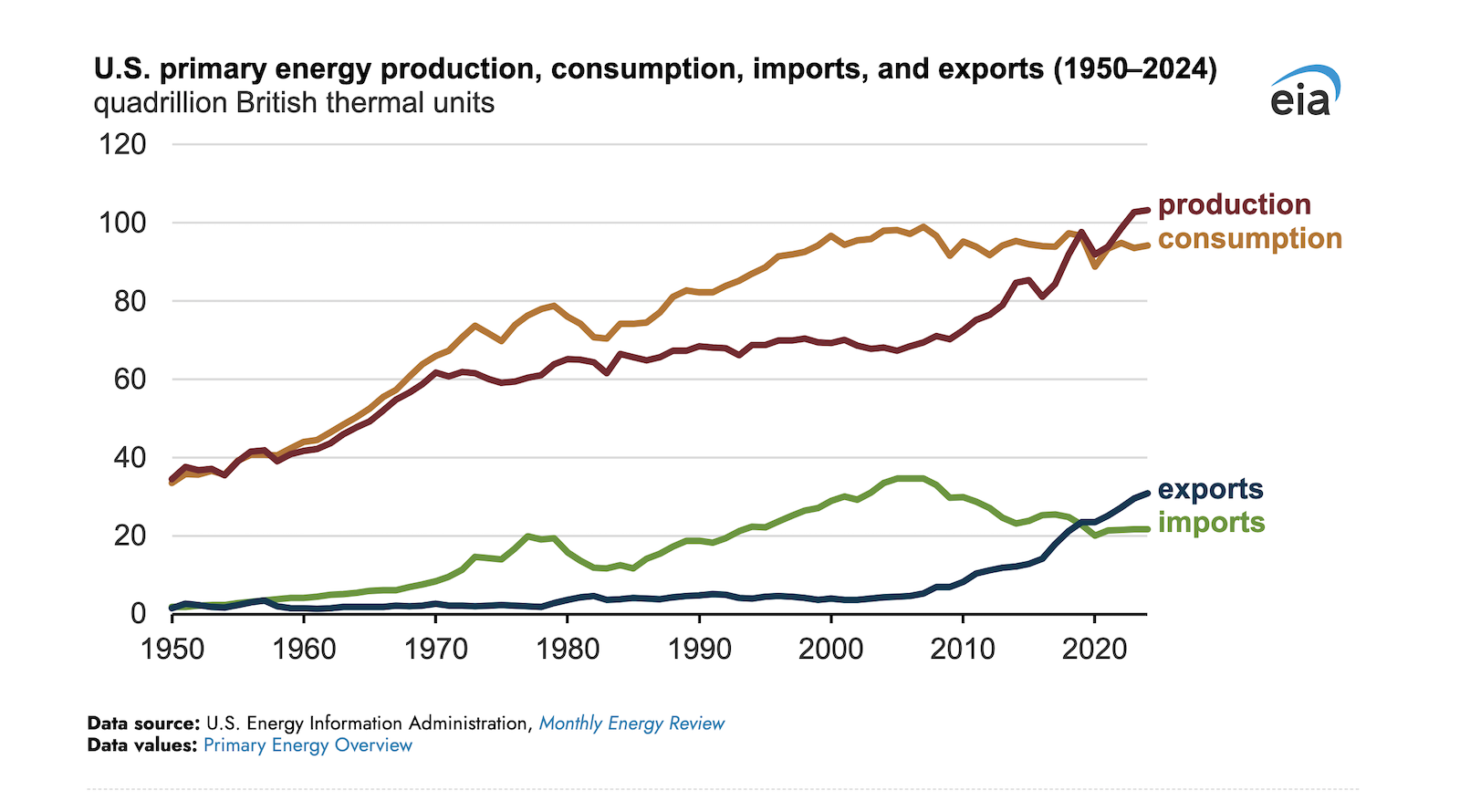When to Say No to a Load and Why It Matters
If you’re still saying yes to every load just to “keep the wheels turning,” you’re not running a business—you’re gambling with your profit and praying it works out. The hustle mindset might have gotten you your first truck, but it won’t keep you in the game. The carriers who last know that saying no is […] The post When to Say No to a Load and Why It Matters appeared first on FreightWaves.

If you’re still saying yes to every load just to “keep the wheels turning,” you’re not running a business—you’re gambling with your profit and praying it works out. The hustle mindset might have gotten you your first truck, but it won’t keep you in the game. The carriers who last know that saying no is just as powerful as saying yes. In fact, it’s how you keep control.
This industry rewards the disciplined. Not desperate. And if you don’t know how to walk away from a bad load, you’ll spend your weeks booked solid and still end up in the red.
The Real Cost of Taking a “Bad” Load
Let’s get this straight: a bad load isn’t just “one bad trip.” It creates a domino effect that can wreck your week.
Here’s what it really costs you:
- Deadhead to nowhere — You take a low-paying load into a weak market, now your reload is garbage
- Time lost — That 400-mile run took all day, paid nothing, and now your hours are wasted
- Wear and tear — Every load puts stress on your truck, so if it doesn’t pay right, it’s a liability
- Opportunity cost — While you were tied up on that $2.00/mile loser, a $2.75/mile power-only drop-and-hook passed you by
One bad decision on Monday can kill your entire week by Friday. That’s why smart carriers protect their time and their trucks.
How to Know When to Say No
Saying no starts with having a real plan—not just booking whatever looks decent on the load board. Here’s your playbook:
1. It Pays Below Your Floor – You need to know your breakeven per lane. If your floor is $2.35/mile all-in and the broker offers $2.10, that’s not a negotiation—it’s a no. Don’t move a truck to lose money.
2. The Reload Is Trash – Always look at the next market before accepting the current load. That $2.60/mile to Denver might look nice—until you’re stuck there hauling freight for $1.15/mile with 150 miles of deadhead. One step forward, two steps back.
3. The Pickup or Delivery Is a Known Problem – Late detention pay, four-hour load times, rude staff, poor access—you’ve got the notes. Trust your history. If it cost you time before, it’ll cost you again. Don’t chase the rate. Chase efficiency.
4. It Doesn’t Fit Your Business Model – You run a dry van. The broker wants you to haul a 43,000-pound floor load with 4 stops and no liftgate. That’s not your lane. Say no. Stay in your lane and protect your reputation.
5. It’s Emotionally Driven – You’ve had a slow week. Your driver’s frustrated. The broker sounds nice. None of those are reasons to move a truck. If the numbers don’t work, don’t let your emotions drive the wheel.
Scripts That Keep It Professional
You don’t have to be rude to say no. But you do need to be direct. Here’s how to push back:
- “That rate doesn’t meet our minimum on that lane. We’d need to be at $2.75 all-in to consider.”
- “We’ve had service issues at that receiver before. We’ll pass on this one.”
- “We’re not hauling multi-stop freight with those dimensions on a van. That’s not a fit.”
- “That market doesn’t align with our weekly network. We’re going to stay east this week.”
Say it clearly. Say it once. Move on.
Build Your Week So You Can Say No
Here’s the truth: if you’re desperate for every load, it means you don’t have a plan. Build your week in reverse. Start with your best paying outbound lane. Then plan the reload. Then fill the gap.
Run your business like this:
- Plan by profit, not miles
- Stay in your power lanes
- Leave room in your schedule for margin, not mayhem
- Book loads that set up the next three moves, not just the next 300 miles
Once your calendar is built with intention, you’ll stop chasing and start choosing.
What Happens When You Start Saying No
The carriers who say no aren’t being difficult—they’re being strategic. And guess what? Brokers notice. The ones who always say yes get used. The ones who push back get respected.
When you start saying no:
- Your profit per mile improves
- Your stress drops
- You stop wasting time on garbage freight
- You attract better loads, not more loads
- You build a reputation as a carrier who knows their value
Saying no is a signal. It tells everyone you run a real business—not just a truck.
Final Word
Every load you accept shapes your week. Your miles. Your maintenance. Your money. If you keep saying yes to every broker just to stay busy, you’ll be busy going broke. The winners in this industry don’t say yes to everything. They say yes to what fits. What pays? What sets up the next move.
You’ve got to protect your truck like it’s a business. Because it is. And saying no is how you prove it.
The post When to Say No to a Load and Why It Matters appeared first on FreightWaves.









